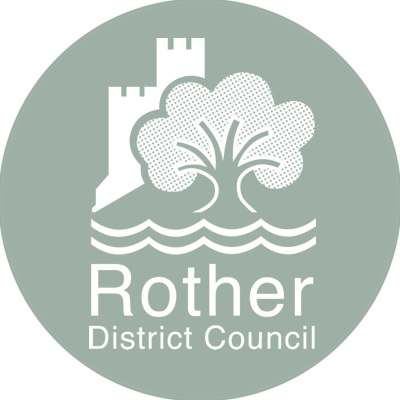Agenda item
Statement of Accounts 2020/21
Minutes:
In accordance with the Accounts and Audit Regulations 2003, the Council’s accounts were required to be approved by the Council, or its delegated Committee, each year. The report of the Finance Manager discussed the main issues affecting the Council’s draft Statement of Accounts and provided a full commentary on the core financial statements. The full statement had been circulated to Members as a separate document.
At the time of writing the report, the Council’s external auditors, Grant Thornton, were yet to commence their work on the accounts for 2020/21. Grant Thornton would report on the outcome of their work later in the year in line with the revised national timescales, if possible. The draft accounts included the Annual Governance Statement as amended and approved by the Committee at its meeting on 21 June 2021 (Minute AS21/09 refers). The Code of Practice had required no major changes in the presentation of the accounts.
The Finance Manager led Members through the draft Statement of Accounts and drew out the salient points.
The Movement in Reserves statement showed the movement in the year on the different reserves held by the Council (analysed into ‘useable’ and ‘unusable’). The deficit of £1.174m on the provision of services line showed the true economic cost of providing the Council’s services. These were different from the statutory amounts required to be charged to the General Fund Balance for Council Tax setting.
The Pensions Fund liability of £22.648m was a long term financial assessment of a possible shortfall based on its current performance and therefore no immediate action was required. The net worth of the Council had decreased by £7.651m, largely due to an increase in the Pension Fund liability (£4.8m), Collection Fund deficit (£3.6m) and Revaluation Reserve (£3.4m), partially offset by an increase in usable reserves (£4.9m). The useable cash resources of the Council had increased by £4.9m.
The Collection Fund balance was in deficit for the year by just over £13m; this balance was made up of both Council Tax and Business Rates. For Council Tax, the Fund was in deficit by £1.256m as at 31 March 2021, with East Sussex County Council entitled to the majority of this amount. For business rates, the Fund was in deficit by £11.8m, with the Government paying the highest amount followed by this Council. The majority of the deficit related to the additional rate relief for businesses provided by the Government due to the COVID-19 Pandemic, which halved the amount collectable. The deficit on the Collection Fund would be largely offset by additional s31 grants and spread over three financial years. The estimated the net impact is approximately £23,000 per annum and this would be addressed as part of the 2022/23 budget setting process.
Members had the opportunity to ask questions and the following points were noted during the discussion:
• less funds had been taken from the Earmarked Reserves than expected;
• the Council had a track record of delivering on its financial targets in the Medium Term Financial Plan (MTFP) in order to survive austerity and would continue to be more creative over the coming years, but this would likely involve difficult decisions to be made by Members;
• the biggest issue in recent times had been the renewal of the Waste Contract, at a cost of £2.1m per year extra to the Council;
• the Capital Programme would continue to be reported to Members, with the remit expanded in the next report;
• the two main officers managing the projects in the Capital Programme were trained in project management and a session would be arranged to give Members the opportunity to discuss projects in more detail with the officers; and
• Members were invited to forward any further questions they may have on the draft Statement of Accounts to the Finance Manager, who would share answers with all Committee Members.
It was noted that overall, the balance sheet showed that the financial position of the Council remained sound with an adequate amount of reserves in place to meet short term needs. The COVID-19 pandemic had exacerbated the financial pressure on the Council both in 2020/21 and continuing into the current financial year. It was therefore essential that in the medium term, the Council continued to deliver the target savings set out in the MTFP in order for the Council to balance its budget.
On behalf of the Committee, the Chairman thanked the Finance Manager and his team for their hard work in producing the Statement of Accounts and for their management of the Council’s finances.
RESOLVED: That the Council’s draft 2020/21 Statement of Accounts be noted.
Supporting documents:
-
Statement of Accounts 2020/21, item AS21/16.
 PDF 202 KB
PDF 202 KB -
Draft Statement of Accounts 2020/21, item AS21/16.
 PDF 2 MB
PDF 2 MB
